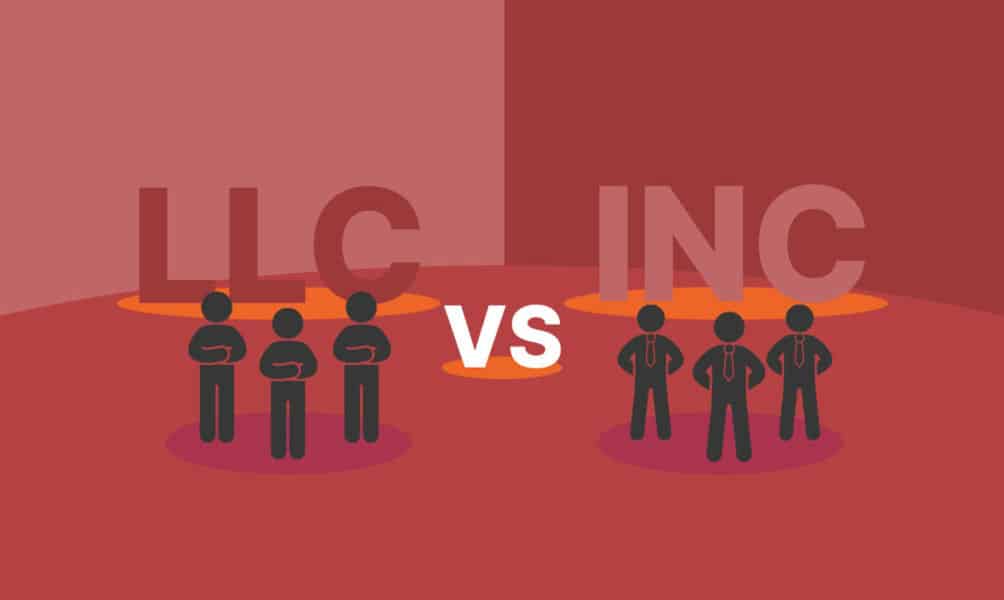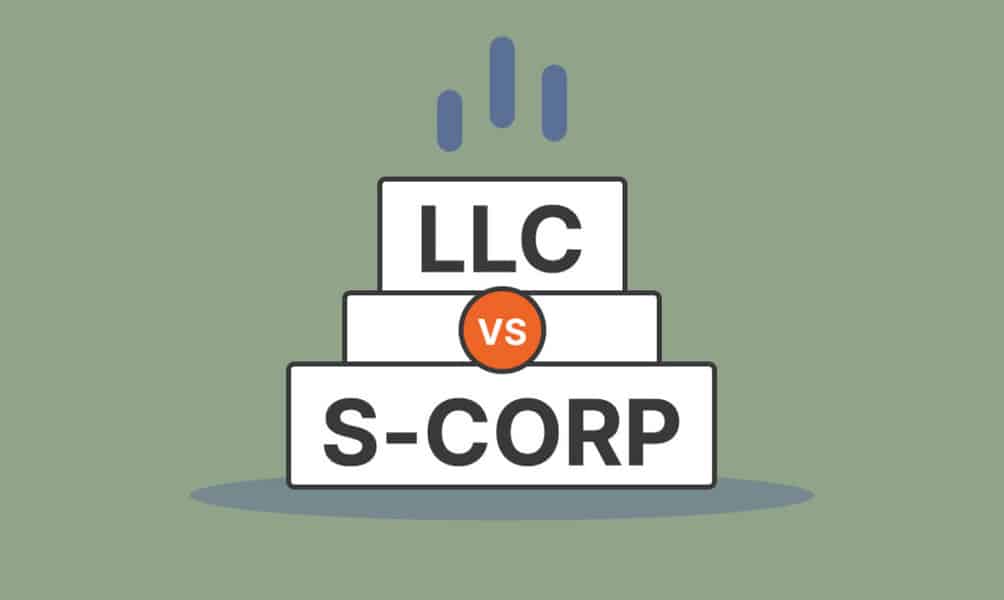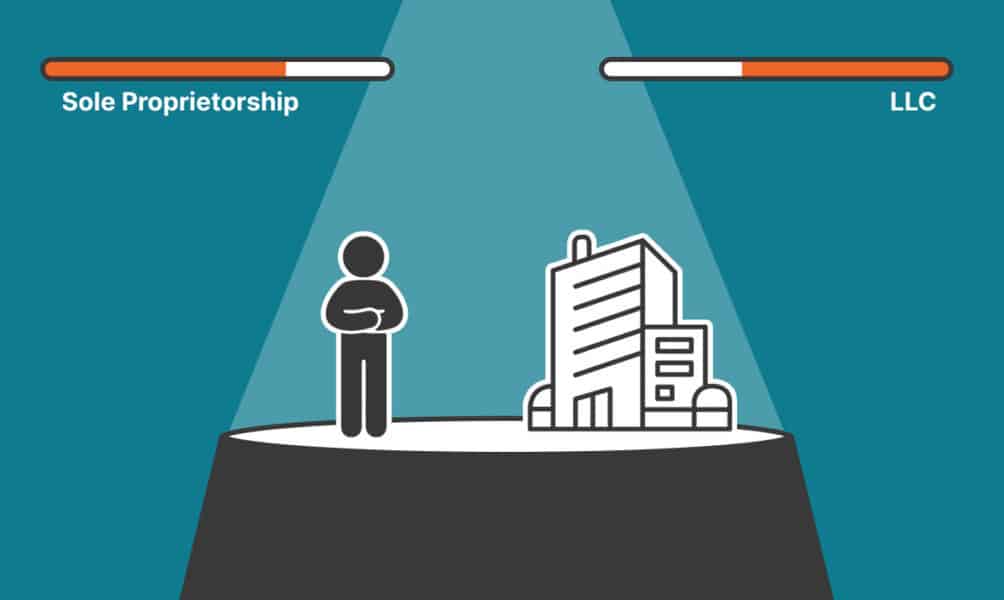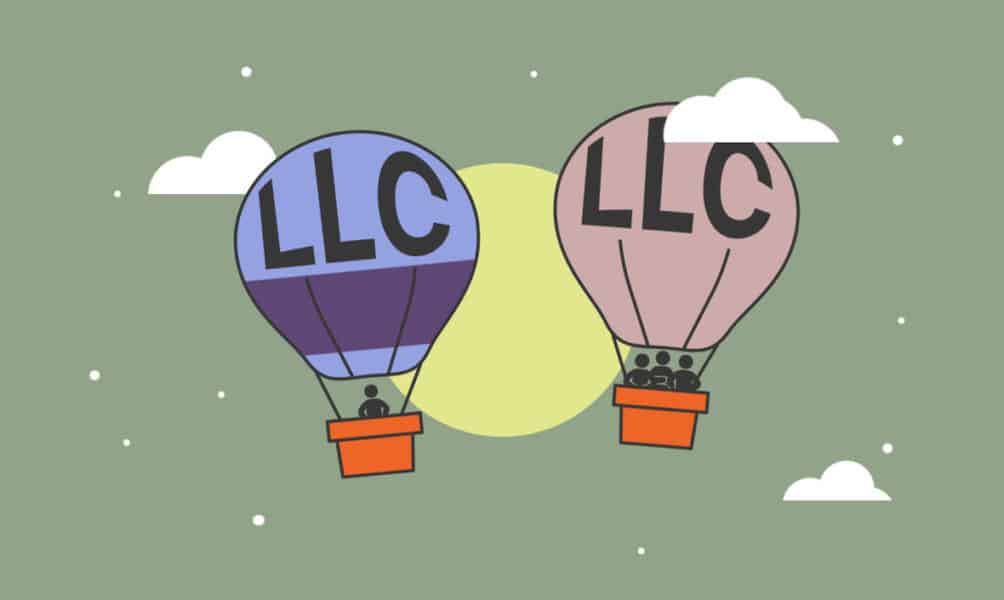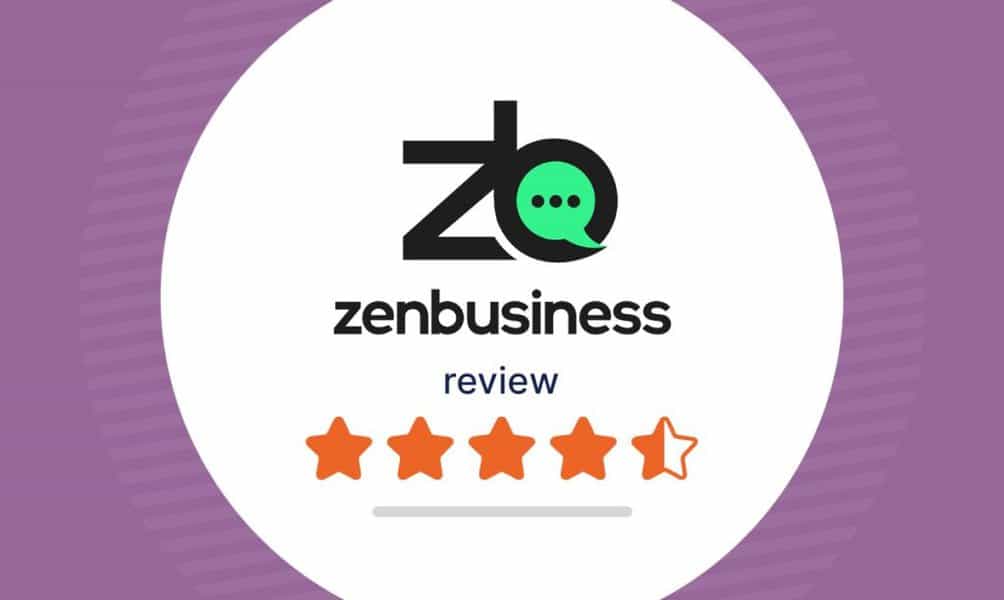Here are the most important things and factors to consider when starting a commercial cleaningbusiness: Type of commercial cleaning — Decidea ...
Everything you Need to Start a Business
Your One-stop-shop for Success. Follow Your Dream Today!
Subscribe NowWe are Featured in
Starting a Business
Starting your own business requires careful market research, understanding the legal aspects of your industry and strategic planning. Here are the steps that will help you start your business plan off on the right foot.
Read More
Business Ideas
Chances are, you already have some idea of the type of business you want to start. Discover more than 350 business ideas that allow entrepreneurs like you to start a company and begin your entrepreneurial journey.
Read More
Start an LLC
A limited liability company (LLC) is a popular legal structure among small business owners. To help you along, we will teach you what you really need to know about forming an LLC.
Read More
Starting a Business
Starting a business can require a lot of work, time and money. Find out where to begin and how to achieve success. Scroll down to learn about each step.
Most Profitable Industries
- Accounting and bookkeeping
- Real estate and leasing
- Property management
- Property appraisal
- Legal services
- Healthcare services
- Coaching and consulting
- Warehousing and storage
Fastest Growing Industries
- Residential remodeling
- Home healthcare
- Wedding-related businesses
- Online learning
- Food delivery
- Virtual fitness
- Online writing and editing

Businesses Started in the US this Year
Free Business Tools
Grow your business with our free online business tools. Discover the tools to create a brandable business name or generate custom design logo.
Business Name Generator
Business Name Generator tool can help you create creative company name ideas in just a few clicks. Choose your perfect business name now and start creating your brand!
Generate a Unique Business Name
Domain Name Generator
Looking to find a suitable domain name for your business? Domain Name Search tool will generate the best and available domain name ideas for your website today.
Register a Domain Name
Logo Maker
Free Logo Maker tool generates custom design logos in seconds. Make a unique logo that's a perfect match for your business.
Make a Logo for Your Business
Business Ideas
If you want to become an entrepreneur, you need an inspiration. Step by Step Business covers more than 350 small business ideas with detailed step-by-step guides. Explore different industries below.
Read More
Read More
Read More
Read More
Read More
Read More
Read More
Read More
Read More
Read More
Read More
Read More
Read More
Read More
Read More
Start an LLC
LLC is one of the most common business structures. An LLC can offer your business liability protection as well as other benefits. Here's a step-by-step guide of what you can expect during the process.
50-State Guide to Forming an LLC
To find out the requirements for forming an LLC in your state, choose your state from the list below. You will find all the specifics and information you need and other resources you need to form an LLC in your state.
About Us
Our mission is to educate our readers to make smart, informed business decisions and achieve their business goals.
Step by Step Business was founded by Daniel Javor. Daniel is a serial entrepreneur who has acquired, managed, and scaled dozens of online businesses over the past decade.
Step by Step Business has a team of professionals with diverse experience and knowledge, dedicated to expanding the entrepreneurial community by providing the best information and resources available.
We understand that small businesses are the backbone of our economy and seek to support their formation by providing:
- The most accurate, comprehensive, and popular online source for anybody looking to start and develop their own business
- Industry insight and expertise to put you on the path to success
- Simple step-by-step guidance through the business formation process











